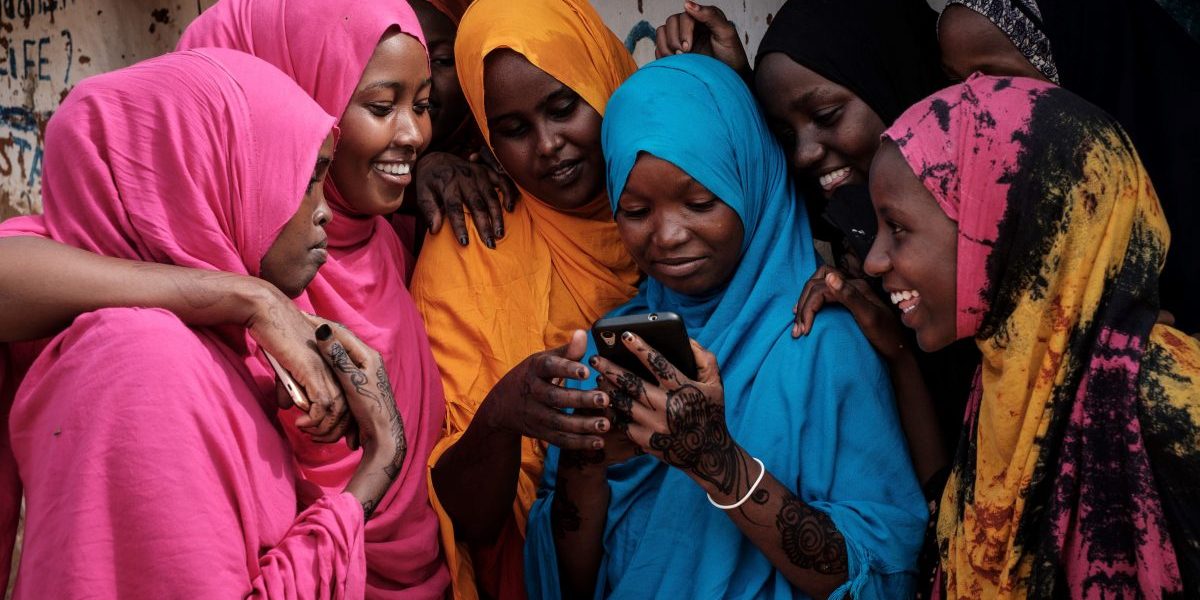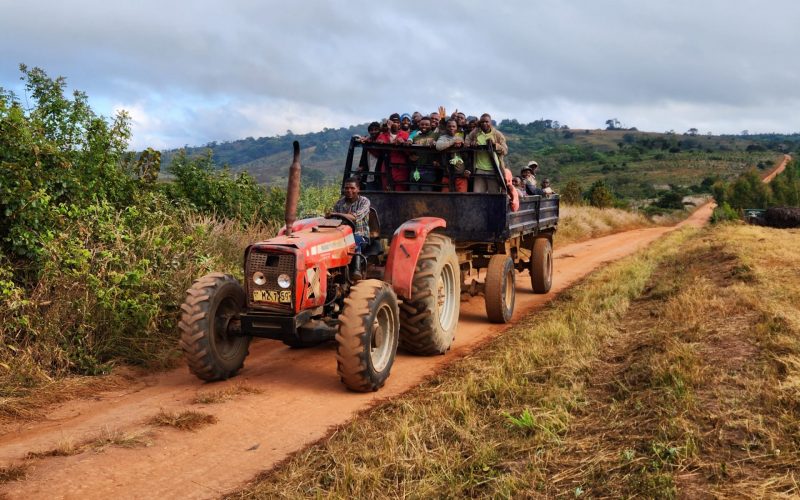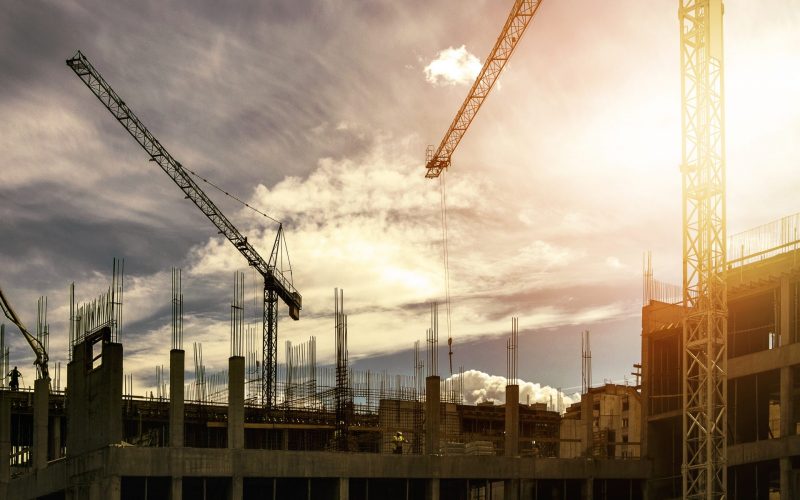The report ‘Is Africa Measuring Up to its Goal 16 Commitments? The Road to the HLPF and Beyond’, has been released to coincide with the UN High Level Political Forum (HLPF) on the SDGs running from 9 to 18 July 2019 in New York, where countries will present their Voluntary National Reviews on a number of the SDGs, including for the first time on SDG16: Peace, Justice and Strong Institutions.
In addition to this report, SAIIA and its partners have produced a range of other studies covering the four goals that will be reviewed at this year’s HLPF: SDGs (8) economic growth, (10) inequality (13) climate change and (17) global partnerships:
Goal 8: Promote sustained, inclusive and sustainable economic growth, full and productive employment and decent work for all
Driving a sunflower value chain in Malawi: challenges and opportunities
A strong case can be made for sunflower’s potential contribution to industrial development, given that it is rarely consumed raw in the region and has a lower density than other oilseeds.
Linking soybean producers to markets: an analysis of interventions in Malawi and Zambia
The production of soybean most significantly links to the processing of chicken feed and edible oil, which holds opportunities for greater value add and potential contribution to industrial development.
Coastal tourism and economic inclusion in Indian Ocean Rim Association states
The low-budget sector of international tourism and the markets offered by domestic and regional tourists are appropriate entry points for the start-up and growth of locally owned small and medium-sized enterprises.
Goal 10: Reduce inequality within and among countries
BRICS, Africa and global economic governance: achievements and the future
Since joining the BRICS in 2010, South Africa has added its weight to global economic governance reform, specifically of the Bretton Woods institutions, with the view to make them more representative and responsive to developing country concerns.
South African migration policy: A gendered analysis
Women migrants to South Africa face a complex set of vulnerabilities, but the framework proposed by the 2017 White Paper on International Migration to South Africa fails to address these experiences.
Goal 13: Take urgent action to combat climate change and its impacts
Building Climate Resilience in Tanzania: Institutional Reform and Capacity Development
Africa is particularly vulnerable to climate change impacts, it is thus vital to strengthen institutions to promote alternative agricultural practices and new farming methods.
Mining for a circular economy in the age of the 4IR: The case of South Africa
If the world is to transition to a low-carbon future – a fundamental imperative if we are to avoid warming the planet more than 1.5°C higher than pre-industrial temperatures – more minerals and metals will be required, not less.
Cooperative Water Governance for Climate Resilience: Are Institutional Arrangements In Southern Africa Fit for Purpose?
Climate change and development decisions manifest in stressed water resources, while poor governance further undermines water security. Many of Africa’s water resources are shared by two or more countries, adding further complexity – not least because of the consequent pressure on states to invest in and govern water resources jointly.
Goal 17: Strengthen the means of implementation and revitalise the global partnership for sustainable development
Bridging the Divide: Integrating SADC’s capital markets
In line with the Southern Africa Development Community’s objective to establish a real-time integrated network of capital markets, the Committee of SADC Stock Exchanges established an interconnectivity model that will allow investors in each country to trade on all SADC exchanges through their local brokers.
The pitfalls of private sector investment in infrastructure financing
The virtues of private sector financing in infrastructure development are widely promoted: it supports countries in bridging their infrastructure financing deficit, helps countries diversify their financing portfolio and brings projects online quicker, yet much research glosses over the shortcomings.
Managing Africa’s Rising Debt: Time for a Multi-Pronged Approach
Debt sustainability in Africa has emerged as a key concern among policymakers and development finance institutions. Governments’ ease of access to the domestic debt market is leading to macroeconomic instability, while excessive domestic debt also stifles credit to the private sector.








